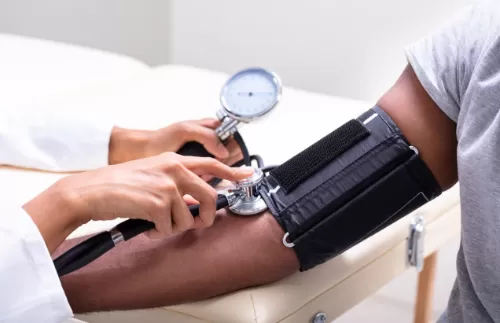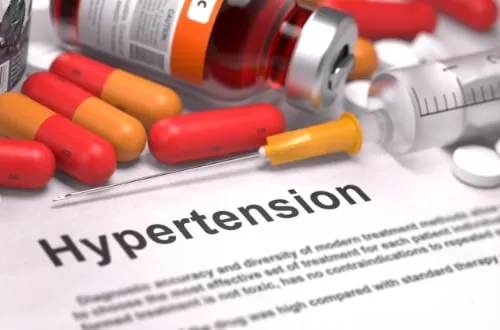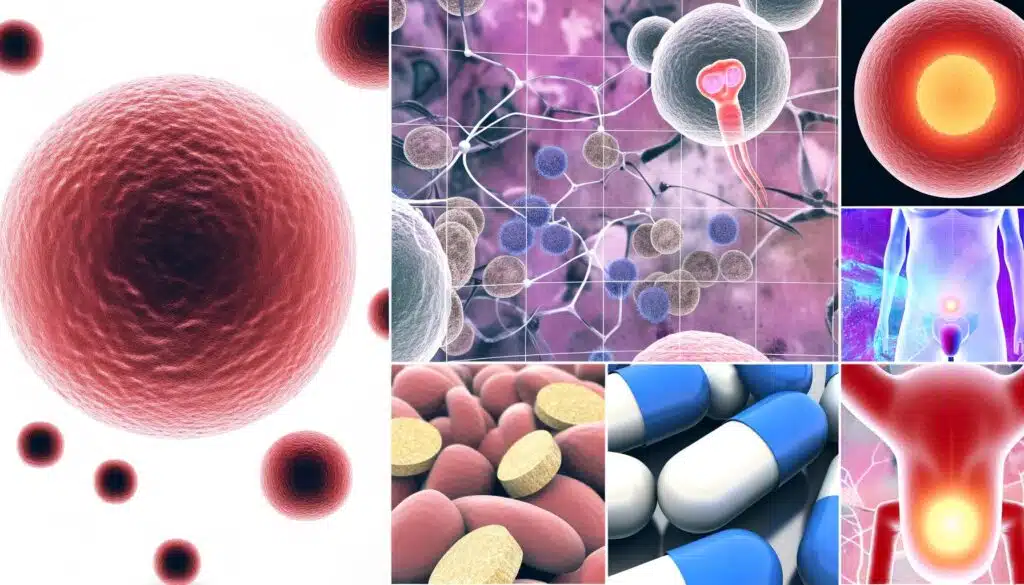Navigating Medical Programs: A Guide To Degrees, Speed, And Coverage
Medical programs encompass a broad range of educational and training pathways designed to prepare individuals for careers in the healthcare sector. From foundational certifications to doctoral-level degrees, these programs aim to equip students with the necessary knowledge, clinical skills, and professional competencies to deliver high-quality patient care. Whether you’re exploring entry-level opportunities or advanced specializations, understanding what medical programs involve—and how they differ from insurance initiatives like Medicare—can help you chart a clear path toward your career and financial goals. Below, we address four key questions under this theme.
Related searches

What are medical programs?
Medical programs refer to structured curricula offered by colleges, universities, vocational schools, and professional training centers that lead to credentials in healthcare fields. These programs range from short-term certificates (such as phlebotomy or medical front office administration) to multi-year advanced degrees (such as Doctor of Medicine [M.D.] or Doctor of Osteopathic Medicine [D.O.]). Each program combines classroom instruction—covering topics like anatomy, physiology, pharmacology, and medical ethics—with hands-on clinical experiences in hospitals, clinics, or simulation labs. The goal is to train competent professionals who can function in roles such as nurses, physician assistants, radiologic technologists, physical therapists, and many others. Many medical programs also integrate interprofessional education, teaching students to collaborate with other healthcare providers to improve patient outcomes.
What are the easiest medical degrees to get?
When considering “easiest” in terms of time commitment and entry requirements, several short-term or associate-level credentials stand out. For example, Certified Nursing Assistant (CNA) programs often take 4–12 weeks to complete and have minimal prerequisites—usually a high school diploma or equivalent. Phlebotomy technician certificates generally require 1–4 months of training and focus on blood collection skills. Medical Assistant programs, many of which can be completed in 9–12 months, combine clinical and administrative tasks training. Health Information Technology (HIT) associate degrees, typically requiring two years, teach medical coding, claims processing, and electronic health record management—roles that are in demand but do not involve direct patient care. Although these programs may be “easier” to enter, they still require dedication, passing standardized exams (e.g., CNA or phlebotomy board), and maintaining patient safety standards.
What is the fastest medical program?
If speed is the primary concern, certificate programs targeting entry-level positions are the quickest routes into healthcare. For instance:
✅Emergency Medical Technician (EMT): Basic EMT courses can be completed in 6–8 months, enabling graduates to work on ambulance teams.
✅Certified Nursing Assistant (CNA): As mentioned, CNAs can finish training in as few as 4 weeks, depending on state regulations and course intensity.
✅Medical Billing and Coding Certificate: Often available online, these programs can be finished in 3–6 months, granting eligibility for certification exams.
✅Phlebotomy Technician Certificate: Commonly offered in 1–3 months, focusing on drawing blood specimens.
Beyond these, some accelerated Bachelor of Science in Nursing (BSN) tracks allow individuals who already hold a non‐nursing bachelor's degree to complete nursing training in around 12–18 months. While speed varies by state and institution, certificate programs generally represent the shortest path to employment in the medical field.
Medicare vs. Medical programs
Although their names sound similar, Medicare and medical programs are fundamentally different. Medicare is a federal health insurance program in the United States designed primarily for individuals aged 65 and older, certain younger people with disabilities, and those with end-stage renal disease. It helps cover hospital stays (Part A), outpatient services (Part B), prescription drugs (Part D), and offers optional managed care plans (Part C). Conversely, medical programs are educational pathways that prepare students for healthcare professions; they have nothing to do with insurance coverage. In other words, medical programs provide the training necessary to become a healthcare provider, whereas Medicare helps pay for healthcare services once a patient is eligible. Confusing the two could lead to unmet needs—someone seeking enrollment in a healthcare degree won't find it through Medicare, and someone looking for insurance benefits won't find them through a college's program catalog.
Conclusion
Medical programs play a pivotal role in training the next generation of healthcare professionals, offering a spectrum of options from certificates to doctoral degrees. For those seeking the simplest routes, programs such as CNA, phlebotomy, and medical assisting provide relatively quick entry into clinical work. The fastest pathways typically involve short-term certificates that can be completed in just a few months. It is crucial to distinguish these educational offerings from Medicare, which is a government-administered insurance program rather than a training initiative. By understanding these distinctions and evaluating your career timeline and personal ambitions, you can choose the path that best aligns with your goals in the healthcare arena.

Discover the World on Your Plate: Why Imported Food Is America’s New Obsession

Navigating Medical Programs: A Guide To Degrees, Speed, And Coverage

5 Key Factors to Choose the Best Senior Living Community in 2025

Your Complete Guide to Convenient and Comprehensive Physical Exams

Gentle Pain Relief And Lifestyle Tips For Active Seniors

Hypertension Drugs: What Seniors Need to Know in 2025








